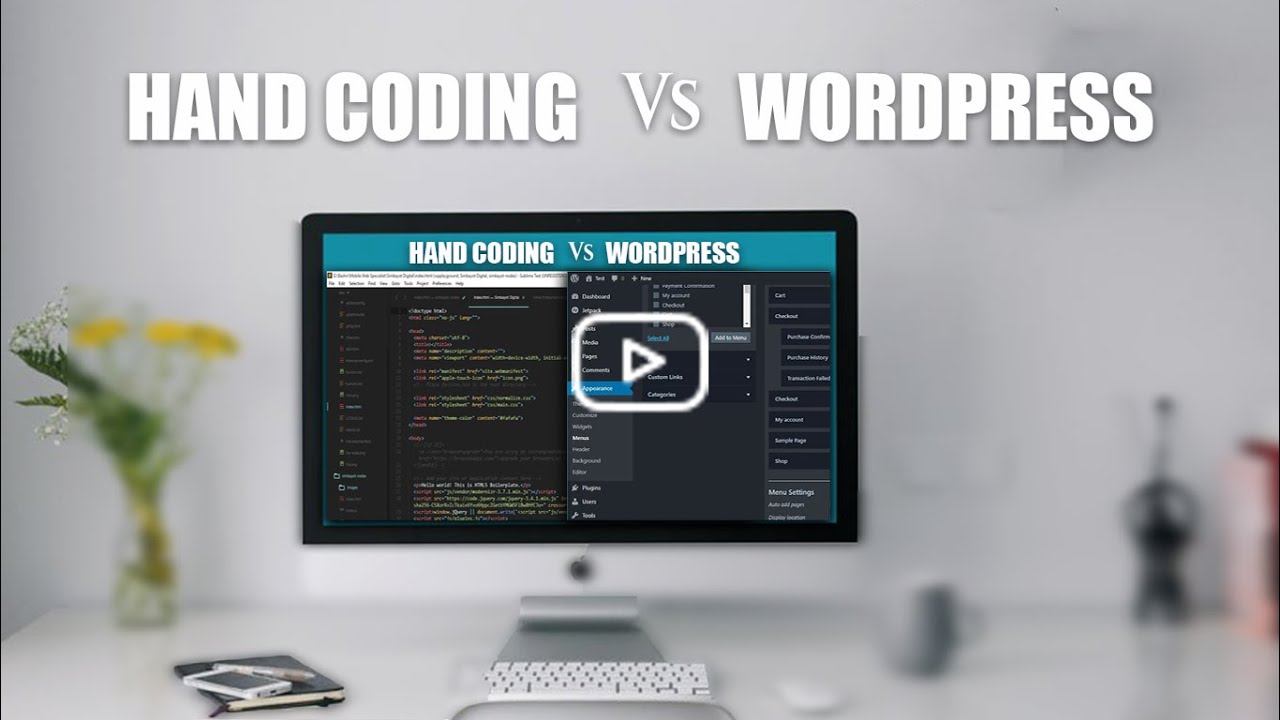
What Makes Websites Expensive to Build
The True Cost of Website Development
Expertise Required:
Website development involves UX design, visual design, front-end and back-end development and quality assurance. Finding a single expert in all areas is rare.
Freelancer vs. Agency:
Freelancers are often more affordable but may lack resources. Agencies offer comprehensive services with a team of specialists, justifying higher fees.
Project Complexity:
Simple websites cost less, while complex projects with advanced features and integrations are more expensive due to additional planning, design and development time.
Technology Stack and Frameworks:
The cost varies with technology. Simple CMS solutions like WordPress are cheaper, whereas custom-built sites with frameworks like React are pricier but suited for specific needs.
Ongoing Maintenance and Updates:
Post-launch maintenance and updates add to the overall cost. Regular upkeep ensures security and functionality but requires additional budgeting.
Understanding these factors helps businesses allocate resources effectively for a successful website project.

